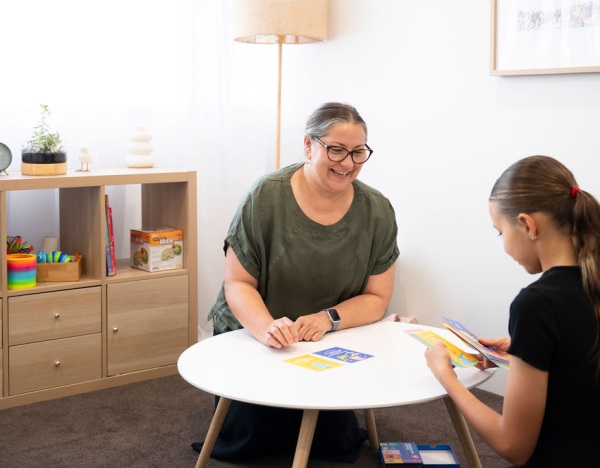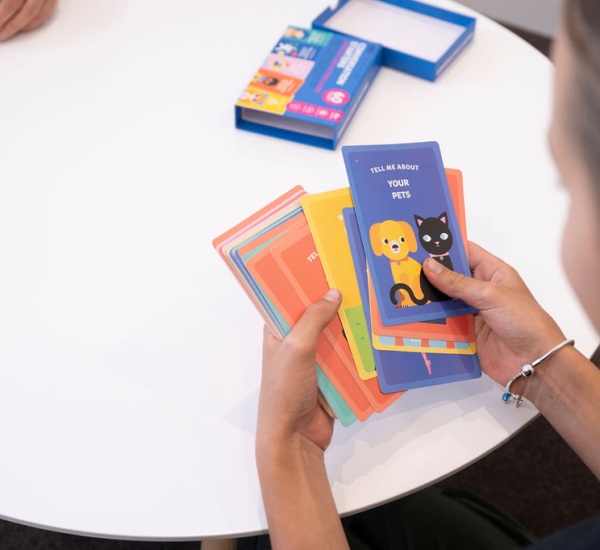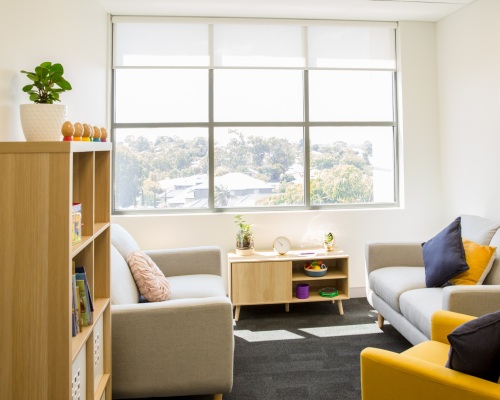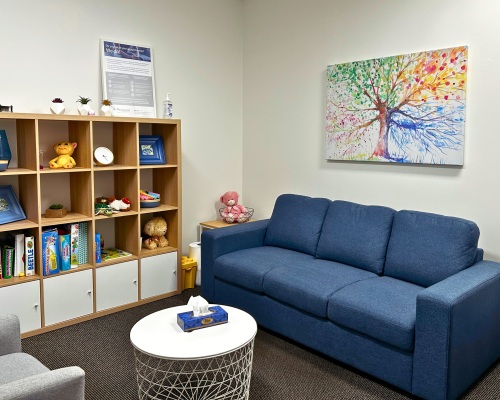At Prosper Health Collective we recognise that a unique, fun and relaxed approach must be taken when working with children and adolescent’s with mental health concerns.
We provide an engaging but evidence based treatment approach to teach children skills and strategies that they will use throughout their lives. We tailor our treatments to meet the needs of your child.




